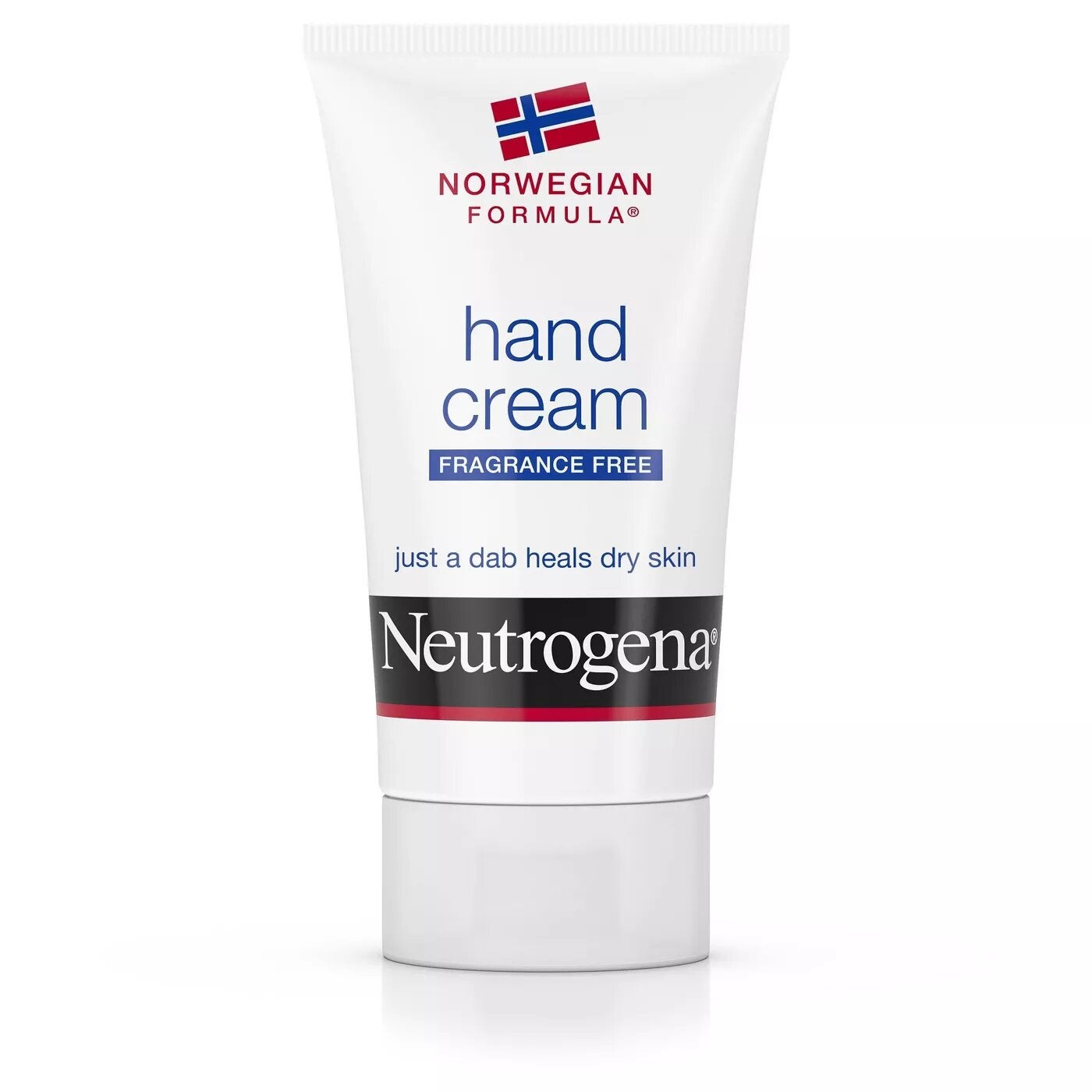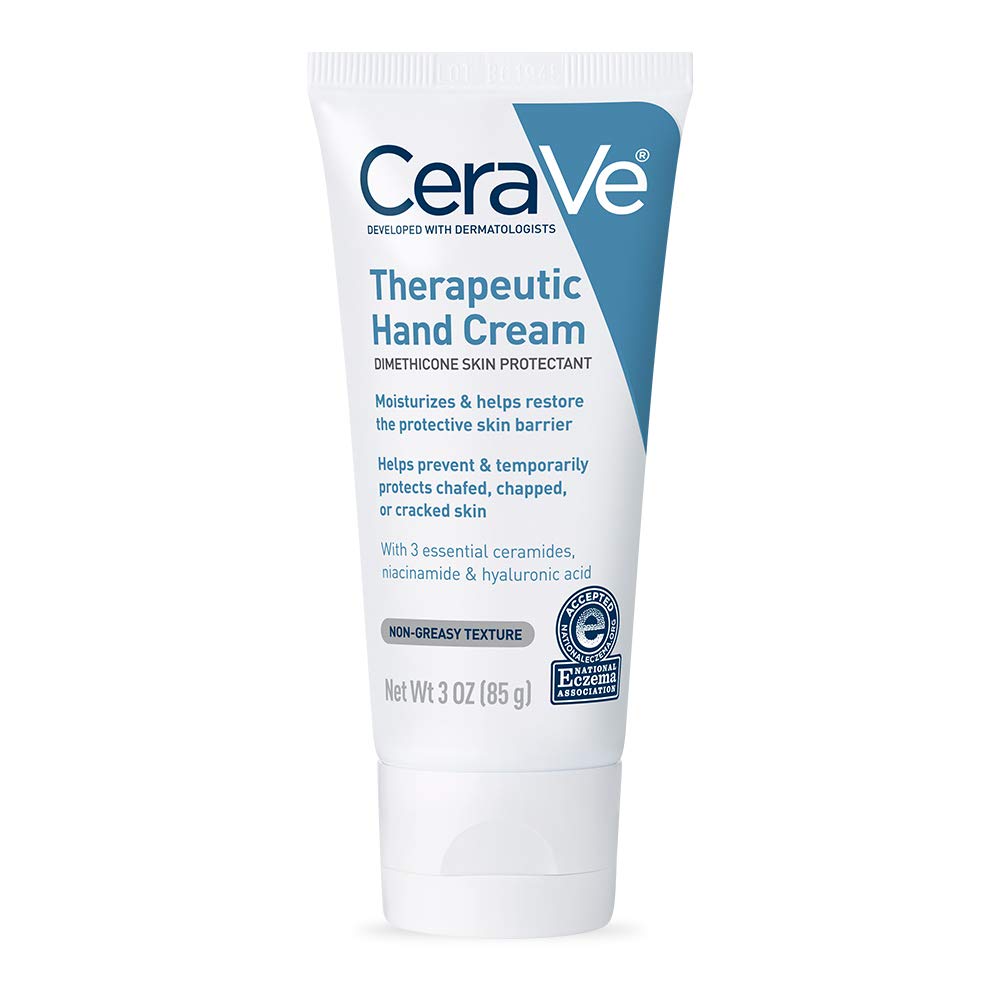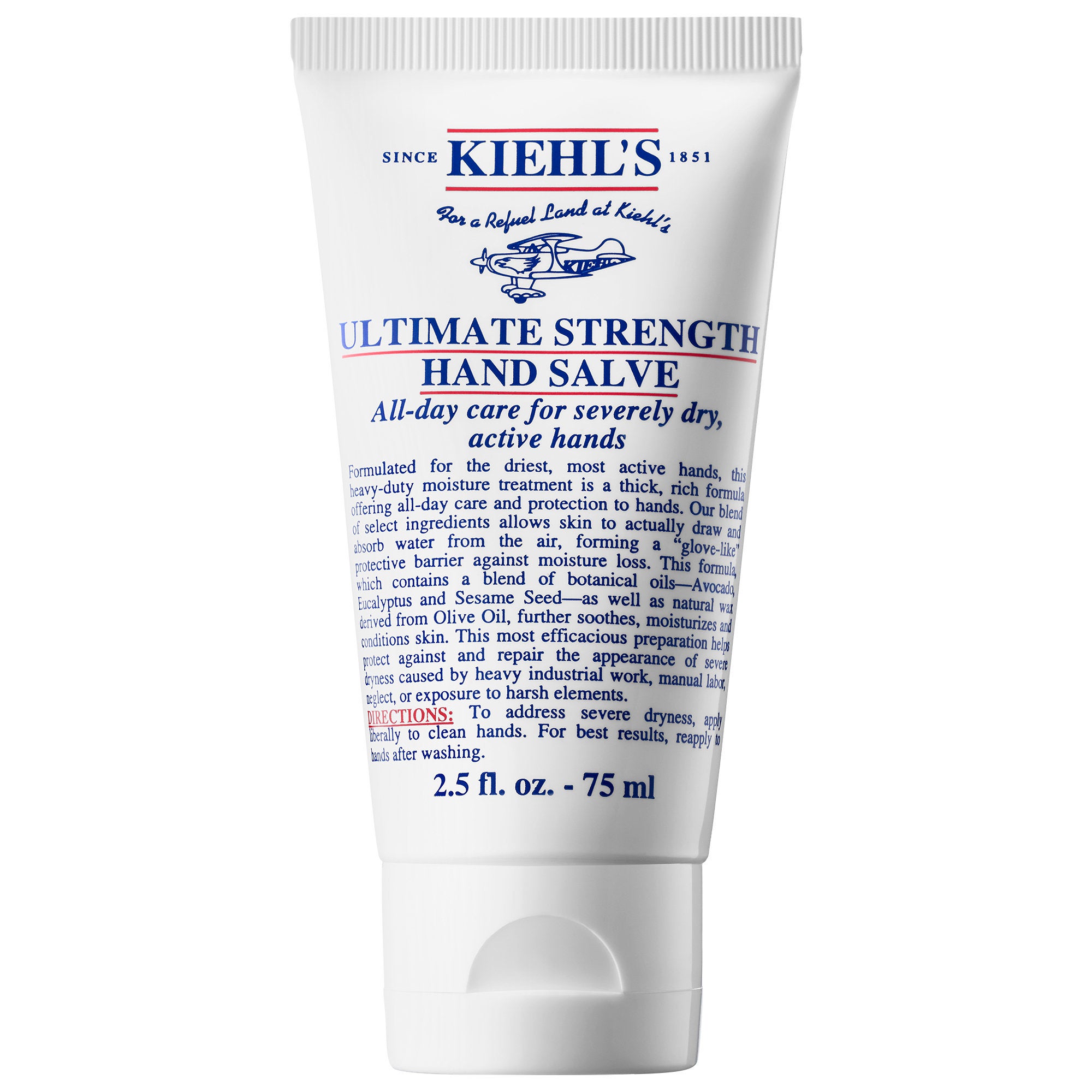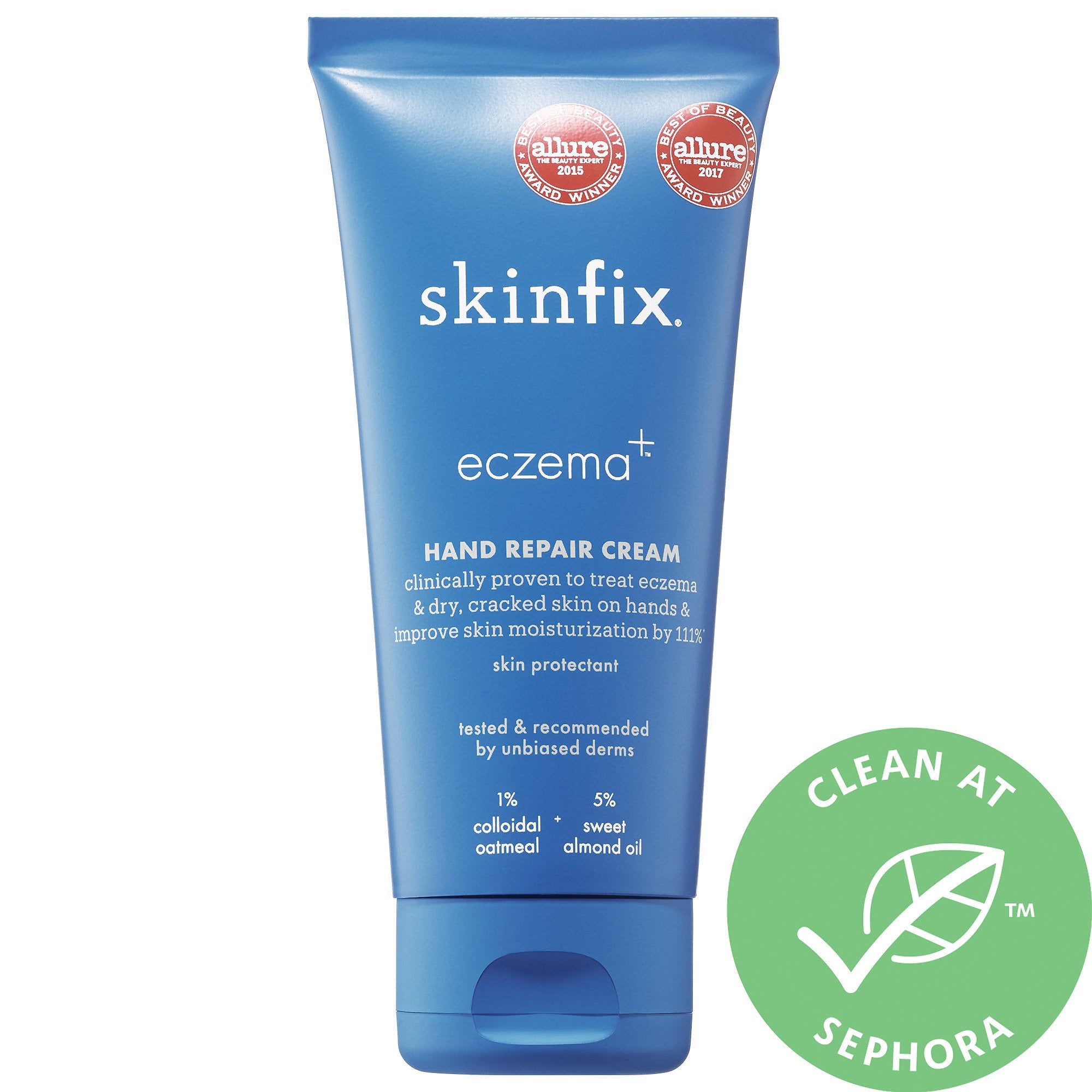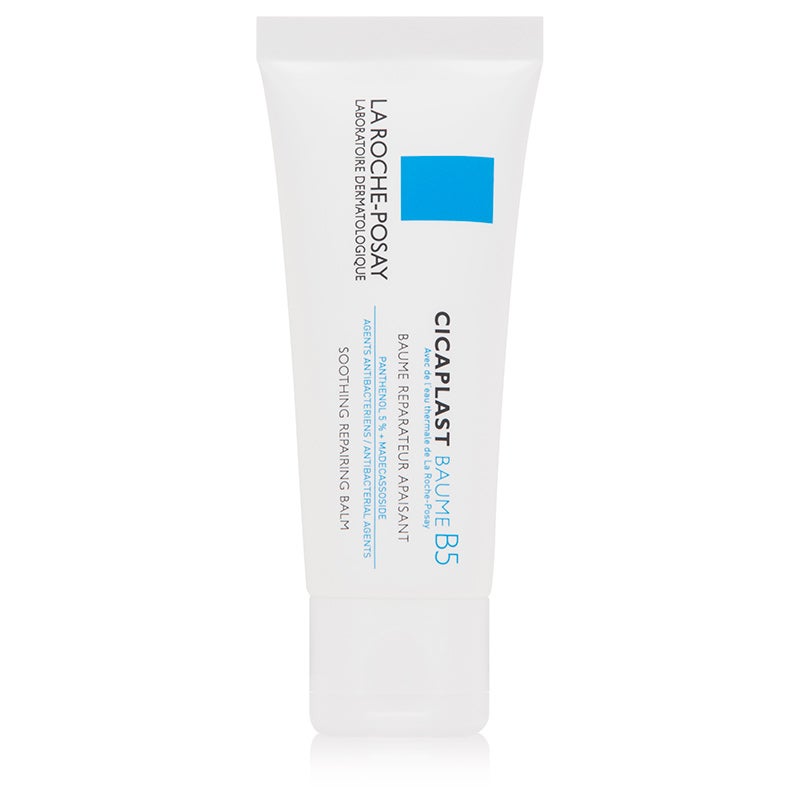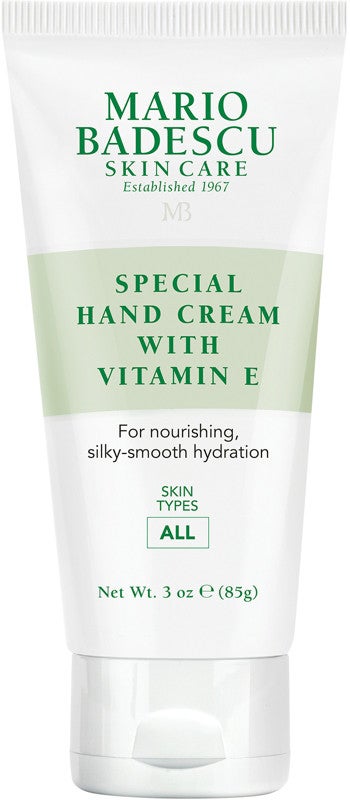A Dermatologist’s Guide To Healing Dry Hands If You’re Washing Them Constantly
ILLUSTRATED BY ANNA SUDIT.
With coronavirus currently at the forefront of everyone's mind, we're taking measures to prevent spreading the virus very seriously. This includes keeping a bottle of hand sanitizer in our bags, and being extra diligent about washing our hands (for 20 seconds!).
But constant washing and exposing hands to drying alcohol-based formulas can do a number on your skin, resulting in excessive dryness — and, in some cases, even sore, cracked, and weeping skin. At this point, you might reach for your trusty hand cream, but being advised to wash your hands at every given opportunity feels as though you're just going round in circles.
AdvertisementADVERTISEMENT
Thankfully, London-based dermatologist Dr. Anjali Mahto understands the struggle. Earlier this week, she took to Instagram to share her expert advice for taking care of the skin on your hands when you're washing them constantly — and it's actually pretty simple.
"Repeated use of soaps, detergents, and alcohol gel are a common and important cause of what is known as irritant contact dermatitis," Dr. Mahto wrote. "These products can damage proteins in the upper layer of our epidermis and cause changes in the fats in our skin." She continued, "Clinically, the hands can become red, rough, scaly, dry, cracked, and fissured (where small cuts appear in the skin). You may feel the hands have a burning or tingling sensation or feel itchy and irritated. In severe cases, the skin may become blistered, painful, and form crusts. This problem can develop in anyone who is frequently washing their hands, which is probably all of us right now!"
Dr. Mahto explains that there are a number of easy, tried and true measures that can be taken to treat hand dermatitis effectively, as well as prevent it from developing in the first place. "Make sure you carry a non-fragranced hand cream at all times and get into the habit of moisturizing after washing," she wrote. She recommends CeraVe Therapeutic Hand Cream, Neutrogena Norwegian Formula Hand Cream, and La Roche-Posay Cicaplast Baume B5 Hand Cream.
AdvertisementADVERTISEMENT
Making sure your hand cream is fragrance-free is essential. "Fragrances can potentially worsen dermatitis," Dr. Mahto explains, "so as a rule of thumb, if it smells good, unfortunately, you probably want to stay away from it for active hand eczema."
Dr. Mahto also recommends buying some cotton gloves to help your hand cream work harder. "Before sleep at night, apply a generous layer of hand cream to both hands," she says. "Placing them into the gloves whilst you sleep overnight is like doing an intense 'hand mask' providing relief for chapped skin."
shop 6 products
Dr. Mahto also advises wearing gloves if you're cleaning your home or doing dishes to protect the hands from irritants or chemicals. "Try not to get the hands wet or irritated any more times than is absolutely necessary, and wear gloves outside. The weather is cold right now and cold air and exposure to the elements can further worsen dryness and hand eczema," she says. "The rest of our body is protected by clothing but our face and hands bear the brunt of environmental exposure to cold, wind, and pollution."
Finally, Dr. Mahto mentioned that if your hands are cracked or bleeding, you should seek help from your doctor or dermatologist. "Once hand eczema becomes problematic, it may require treatment with a short, sharp burst of topical steroid treatment which requires a prescription," she wrote. "When used for appropriate periods of time under expert guidance, you should not suffer from any long-term side effects of steroid use. The purpose of the steroid ointment is to reduce inflammation and allow the skin to heal and recover. If treatment is not offered, the eczema will not only cause discomfort, but may restrict your daily activities and the skin becomes vulnerable to infection as it is no longer functioning appropriately as a barrier."
Finally, Dr. Mahto mentioned that if your hands are cracked or bleeding, you should seek help from your doctor or dermatologist. "Once hand eczema becomes problematic, it may require treatment with a short, sharp burst of topical steroid treatment which requires a prescription," she wrote. "When used for appropriate periods of time under expert guidance, you should not suffer from any long-term side effects of steroid use. The purpose of the steroid ointment is to reduce inflammation and allow the skin to heal and recover. If treatment is not offered, the eczema will not only cause discomfort, but may restrict your daily activities and the skin becomes vulnerable to infection as it is no longer functioning appropriately as a barrier."
At Refinery29, we’re here to help you navigate this overwhelming world of stuff. All of our market picks are independently selected and curated by the editorial team. All product details reflect the price and availability at the time of publication. If you buy something we link to on our site, Refinery29 may earn commission. This story was originally published on Refinery29 UK.
AdvertisementADVERTISEMENT







